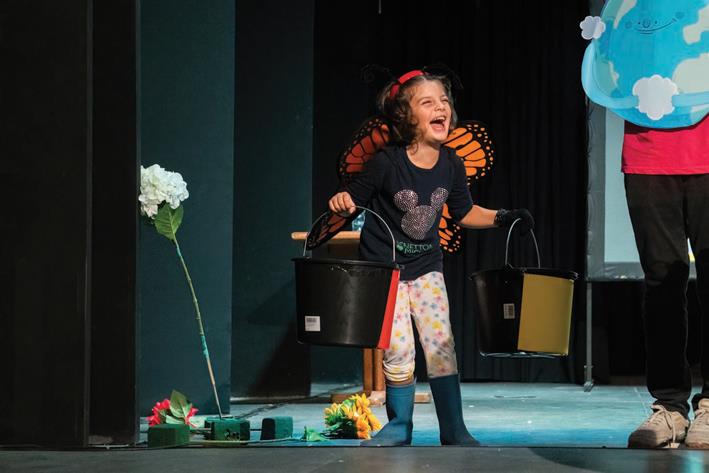If finding time for volunteering can be difficult, being a volunteer is an enriching opportunity to gain experience that can be applied in personal as well as professional life, cultivate connections, and make an impact in the community. Creating new connections with like-minded volunteers can increase self-confidence and establish a sense of purpose, as it grants you an opportunity to contribute to your society outside of everyday routine life. Studies show that volunteering can also reduce stress, improve your ability to cope more easily with everyday tasks and improve thinking skills.

When someone mentions volunteering, they often imagine roles that directly benefit communities and individuals in need, such as supporting nonprofits, environmental conservation, education, healthcare, disaster relief, animal welfare, community development and sport. These efforts address societal issues, foster community spirit and promote civic responsibility. Volunteering can also mean an international experience; for example, there are hundreds of volunteers who are currently helping at the Olympic games hosted in France.

Volunteering in science might not be as common, but it offers an opportunity for individuals to contribute often in ways that significantly advance the scientific field. In a world increasingly driven by technological advancements and scientific discoveries, volunteering in science has become a powerful way to engage communities, enhance education and drive innovation. Across the globe, individuals from diverse backgrounds are dedicating their time and skills to scientific endeavours, creating a ripple effect that benefits both society and the volunteers themselves.

For example, in recent years, citizen science has become a popular way of volunteering and contributing to scientific knowledge and understanding. In addition to data collection, volunteers can also contribute by helping with public outreach and education. This might involve leading science workshops, participating in science fairs or working with museums and science centres to engage the public in scientific activities. These efforts help to demystify science, making it more accessible and exciting for people of all ages and backgrounds.

Locally, one major example of science volunteering is the Science in the City festival. The festival's aim is to build bridges between researchers, artists and the community. Interns from various countries around the world work together to create an international yet close-knit community with a shared goal.
The Science in the City festival organisers are currently seeking volunteers to help out on 27-28 September. Available positions include social media, photography and videography; interactive experiments and scientist support; as well as visitor experience/usher and evaluation.
Aspiring volunteers do not need any previous experience, and will be guided by Science in the City interns, who will be providing training through workshops to prepare the volunteers for their tasks and build team connections.
The festival's success depends on volunteers who enjoy their experience and return year after year. For instance, a past volunteer enjoyed photographing the event, using it as an opportunity to improve their night photography skills while spreading awareness about science and art.
Since its inception in 2012, the Science in the City festival has attracted over 30,000 visitors in one night, demonstrating the significant impact of science volunteering on the community.
Anyone interested in volunteering for this year's event can register through our Science in the City website https://www.scienceinthecity.org.mt/get-involved/volunteers/ or send an email to [email protected]